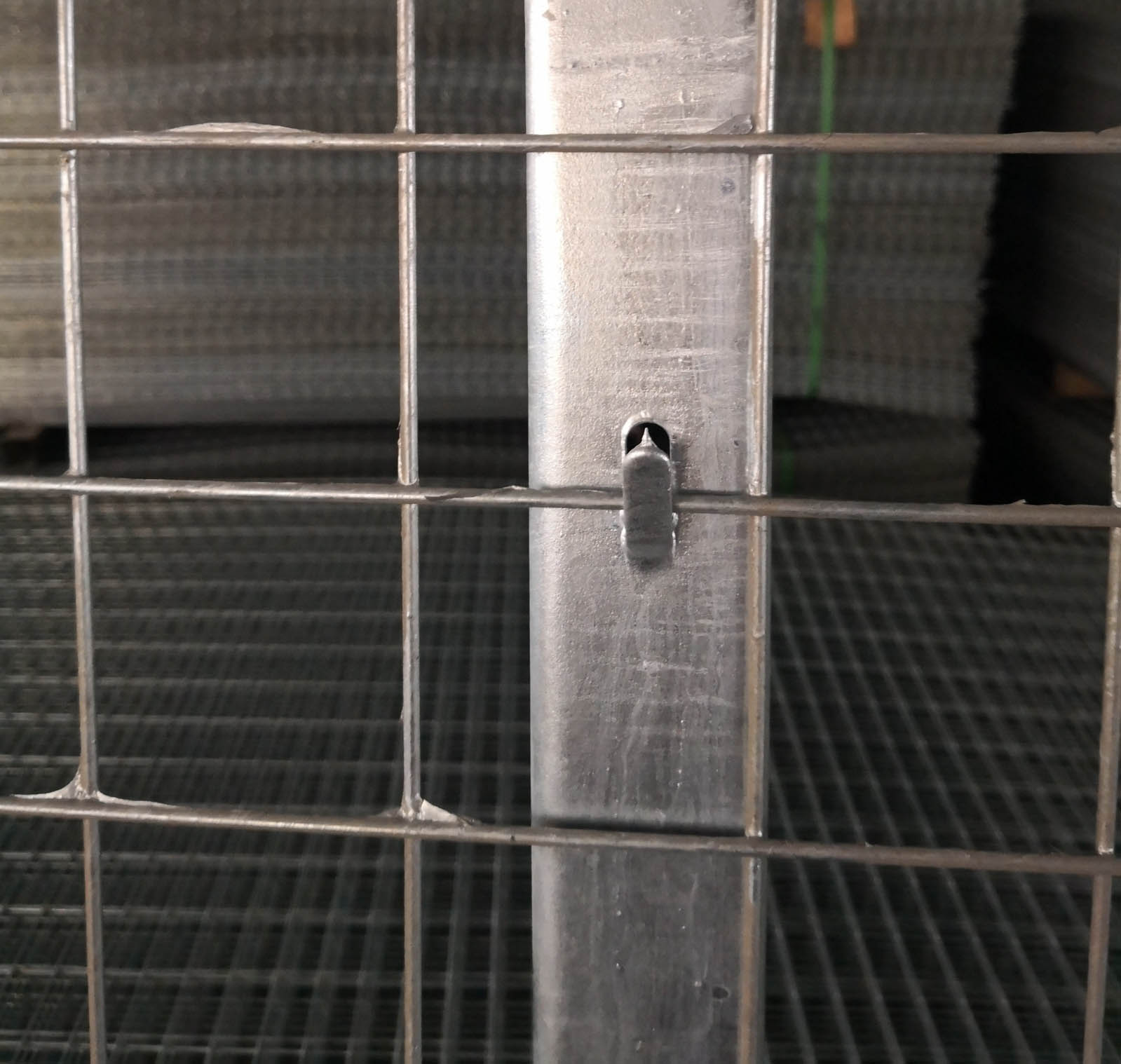Oct . 09, 2024 12:39 Back to list
ce certification reinforcing welded mesh
CE Certification for Reinforcing Welded Mesh Ensuring Quality and Compliance
In the construction industry, safety and reliability are paramount. Reinforcing welded mesh plays a critical role in ensuring the structural integrity of various projects, from residential buildings to large infrastructures. To ensure that these materials meet stringent safety and quality standards, CE certification has become increasingly important. This article delves into what CE certification entails, its significance for reinforcing welded mesh, and the benefits it brings to manufacturers and construction professionals alike.
What is CE Certification?
CE marking is a certification mark that indicates a product's compliance with European Union (EU) legislation. It signifies that a product meets specific health, safety, and environmental protection standards, thus ensuring it can be marketed within the EU. For materials like reinforcing welded mesh, CE certification is not just a regulatory requirement; it is a commitment to quality and safety.
The process of obtaining CE certification involves rigorous testing and assessment by notified bodies, which are organizations designated by EU member states to evaluate a product's conformity with relevant directives. Manufacturers must provide documentation, including technical data sheets and test results, to demonstrate compliance with standards such as EN 10080 for steel used in welded mesh.
Importance of CE Certification for Reinforcing Welded Mesh
1. Safety Assurance CE certification ensures that the reinforcing welded mesh meets the rigorous safety criteria required in construction. By adhering to these standards, manufacturers provide assurance that their products can withstand the stresses and loads imposed during construction and throughout the lifespan of the structure.
2. Market Access In Europe, only products with CE marking can legally be sold in the market. This certification thus opens up access to a wider market for manufacturers who comply with these standards, enhancing their business opportunities.
3. Quality Control The processes involved in obtaining CE certification compel manufacturers to adhere to strict quality control measures. This means that every batch of welded mesh produced undergoes thorough testing for tensile strength, ductility, and other mechanical properties, ensuring consistent product reliability.
4. Consumer Confidence For construction professionals and end-users, CE marking serves as an indicator of quality. Knowing that a product has undergone rigorous testing provides peace of mind, assuring them that the materials they are using will perform as expected.
The CE Certification Process
ce certification reinforcing welded mesh

The path to CE certification typically involves several steps
1. Product Assessment Manufacturers must first determine which EU directives apply to their products and the specific requirements they must meet.
2. Documentation Preparation Comprehensive technical documentation must be compiled, detailing the design, manufacturing processes, and test results. This documentation serves as evidence of compliance.
3. Testing and Certification Engaging a notified body for testing is crucial. The agency will evaluate the welded mesh against applicable standards and directives. Following successful testing, the body issues a Declaration of Conformity (DoC).
4. CE Marking Once the necessary documentation is in place and compliance is confirmed, the manufacturer can affix the CE mark to their products, indicating their compliance with EU regulations.
Benefits of CE Certification
The benefits of CE certification extend beyond compliance; they enhance a manufacturer’s reputation and facilitate partnerships with contractors and builders who prioritize quality and safety. Additionally, CE-certified products often command higher prices in the market due to the assurance they provide.
Moreover, as environmental concerns continue to grow, many manufacturers are leveraging CE certification as part of their commitment to sustainability. By focusing on quality and responsible manufacturing practices, they contribute to a greener construction industry.
Conclusion
In summary, CE certification for reinforcing welded mesh is a crucial component of modern construction practices. It ensures that products meet essential safety and quality standards, promoting a safer built environment. For manufacturers, obtaining CE certification not only enhances credibility but also provides access to broader markets. As the construction industry evolves, CE-certified materials will continue to play a vital role in ensuring safety, reliability, and sustainability.
-
Hop Dipped Galvanized/PVC Coated Temporary Fence - Anping County Xingzhi Metal Wiremesh Products Co., Ltd.|Temporary Fencing Solutions, Durable Security Products
NewsJul.30,2025
-
Hop Dipped Galvanized/PVC Coated Temporary Fence-Anping Xingzhi|Durability&Cost-Effective
NewsJul.30,2025
-
Hop-Dipped Galvanized PVC Fence - Anping Xingzhi | Durable, Quick Deployment
NewsJul.30,2025
-
Hop Dipped Galvanized/PVC Coated Temporary Fence - Anping County Xingzhi|Temporary Fencing, Durable Security, Customization
NewsJul.30,2025
-
Hop Dipped Galvanized PVC Coated Temporary Fences - Anping County Xingzhi|Durable Corrosion Resistance, Quick Installation
NewsJul.30,2025
-
Hop Dipped Galvanized / PVC Coated Temporary Fence - Anping County Xingzhi Metal Wiremesh Products Co., Ltd|Durable Temporary Fencing&Versatile Applications
NewsJul.30,2025



